Atlas of new professions studied agriculture industry of Kazakhstan at all stages: From animal husbandry and plant growing to the processing of agricultural products.
To create an atlas of new professions in the agriculture industry was conducted: 13 in-depth interviews, questionnaires on forecasts of the future industry with 112 industry experts, as well as 94 experts took part in foresight sessions.
As a result, 18 new professions were developed, 19 transforming professions and 10 disappearing ones were identified.
Created on the basis of foresight forecasts of industry experts
interviews
expert advice
foresight sessions
Atlas of agricultural professions:
professions
professions
professions
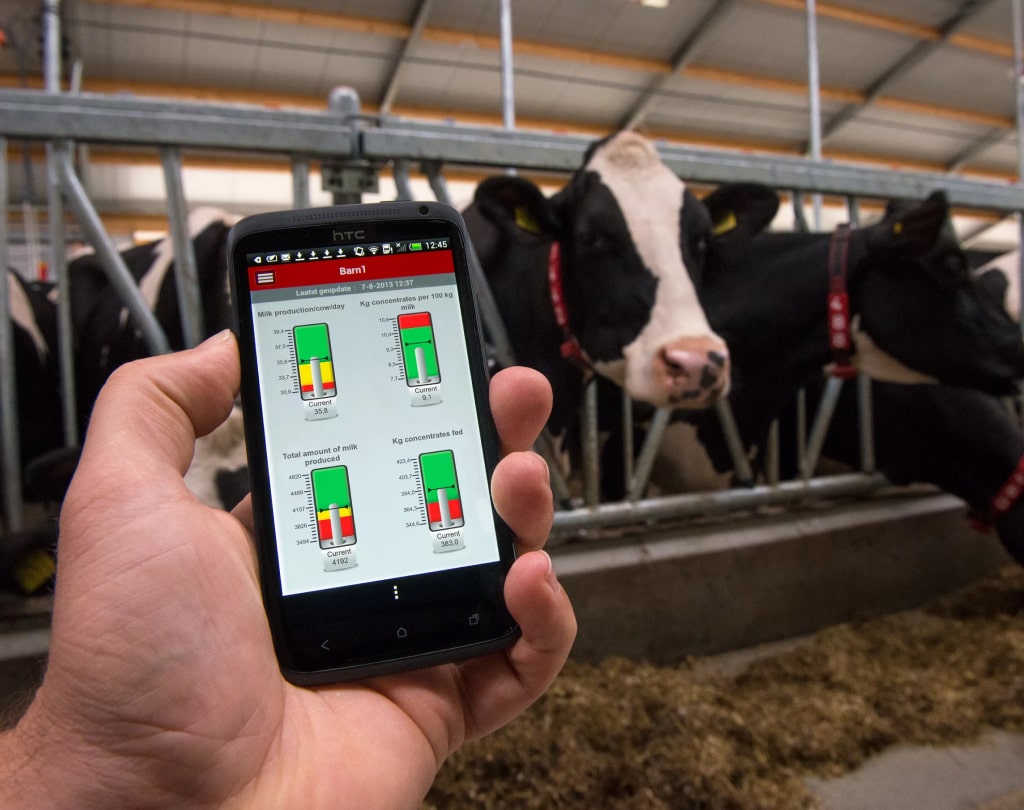
1. GREENING OF AGRICULTURE AND PROCESSING
Farms will actively apply conservation measures to reduce the negative impact of agricultural activities on agroecosystems (arable land, hayfields, pastures).
Ecologically clean technologies to increase soil fertility will be used with high probability. Crop production will be biosafety and environmentally friendly through the use of biohumus, reduction of the list of permitted mineral fertilizers, use of biotechnology for quarantine and plant protection.
Organic farming in Kazakhstan will continue to develop actively despite the objective difficulties. In the medium term, the republic will come close to the first five countries producing and exporting organic products to the European Union.
Organic waste of livestock, poultry and plant production will be fully recycled, the output will be environmentally friendly fertilizers and biogas.
Enterprises in processing of agricultural products become waste-free, secondary raw material base will be actively used in production. The products will be packaged in eco-packaging.
For those who want to work on the agro-industrial complex ECOLOGISATION, we recommend choosing one of the following professions:
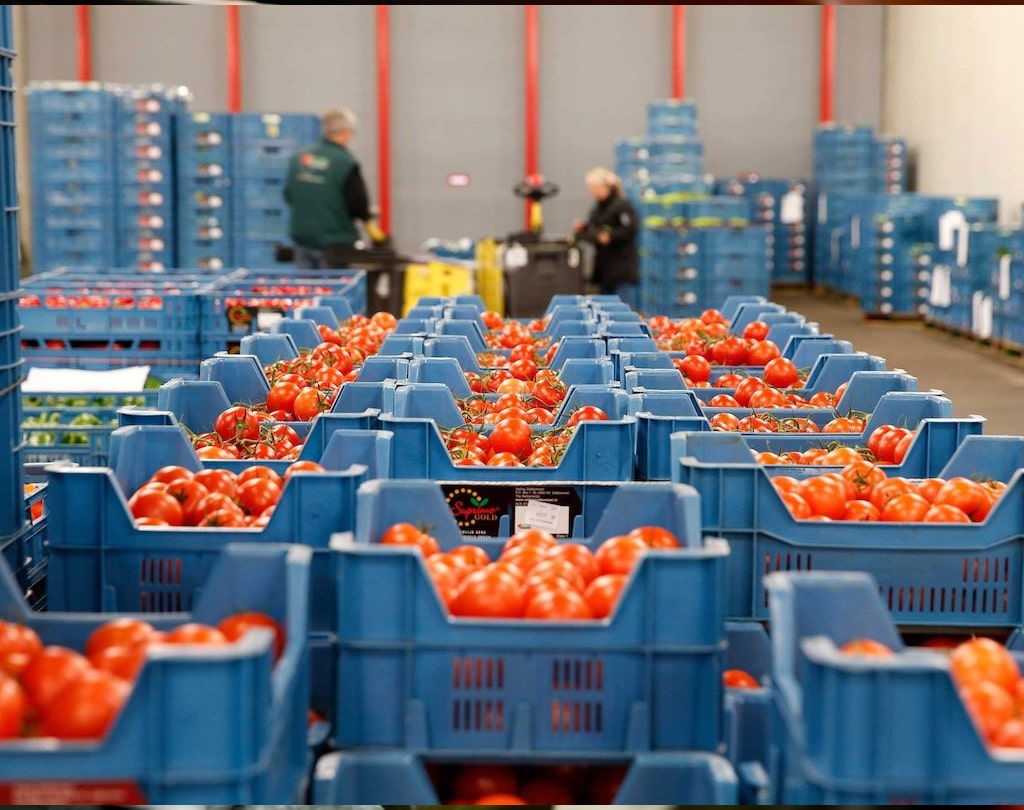
2. "SMART" LIVESTOCK BREEDING, "PRECISION" FARMING, AUTOMATION OF PROCESSING
"Smart" livestock farms will actively use the Internet of things, sensors, robotics in combination with sensor technology, AI, 5G Internet. "Smart" systems on the farm itself will create the most optimal conditions for keeping and feeding the animals. The whole animal farm is managed through a single digital platform as a single interconnected complex. The most striking example of a new stage in the development of animal husbandry are robotic dairy farms.
The farms in "precision" agriculture will actively apply technologies of differentiated application of materials: seeds, fertilizers, plant protection products, water for optimal plant growth. The use of these technologies will be possible only after creating digital maps of the fields. Technology working in the field, will be mainly autopilot and robotic.
In agricultural processing: the maximum automation of production will be achieved. The AI, big data, machine learning, inter-machine interaction will be actively applied, as a result, simple and monotonous tasks will be performed by joint robotic systems. The production complexes will be managed as a single system using IT.
If you want to manage your work in the fields, farms, and processing industry, you should choose one of the professions of the future, such as:
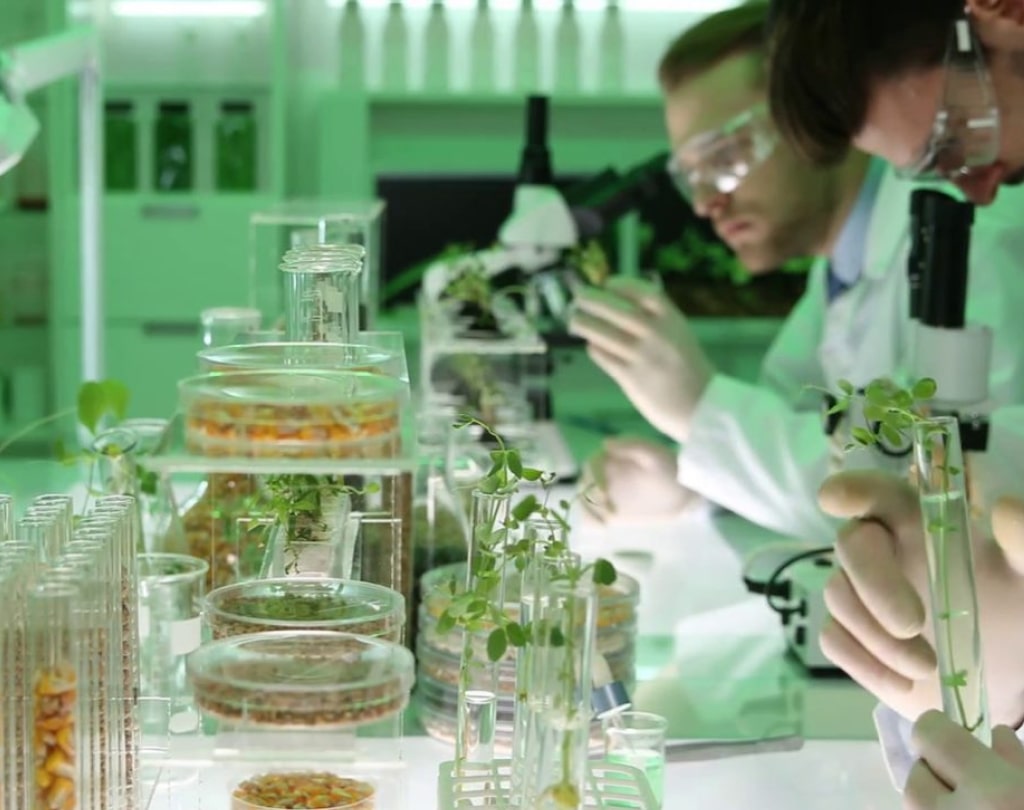
3. EXPORT CAPACITY BUILDING
High-tech agricultural production with a full cycle of product processing is impossible to imagine without tools to monitor performance, production planning and demand forecasting.
Farms will collect data from sensors, sensors and other devices in order to plan their work. Obtained information will allow making forecasts about future production efficiency. However, the use of data for prognostic purposes will not stop there. In order to plan their production and understand what to produce, for whom to produce and what are the chances of successful sales, farmers (specialists of a certain profile) will use the Internet of things, artificial intelligence, big data.
In order for the agro-industrial complex of the Republic to develop, it is vital to enter the foreign markets. The access to the giant markets of neighboring countries or far abroad will spur not only growth of Kazakhstani production volumes, but also increase of competence in the domestic industry of agriculture and processing.
To promote Kazakhstan's processed agricultural products in foreign markets, the EXPORT POTENTIAL CAPACITIES will be provided by such specialists as:
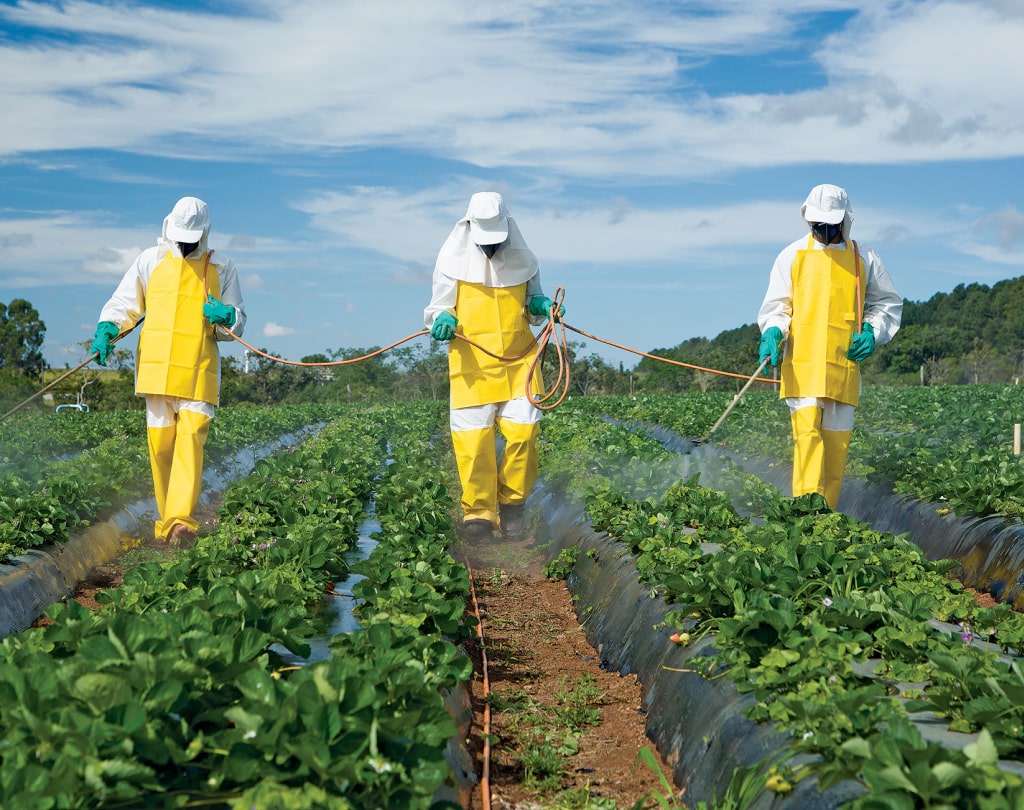
4. GENETIC DEVELOPMENT FOR AGRICULTURE
Climate change requires the development of more complex and nutritious crops that can cope with drought, frost, and are able to respond appropriately to certain environmental conditions.
The changing values and preferences of the new generation require finding new, more humane ways to produce existing foods, for example: milk production by injecting certain straw DNA sequences into yeast cells.
There will be such specialists as GENETIC DEVELOPMENT for agriculture:
Agrogenetic
Year of appearance: 2030
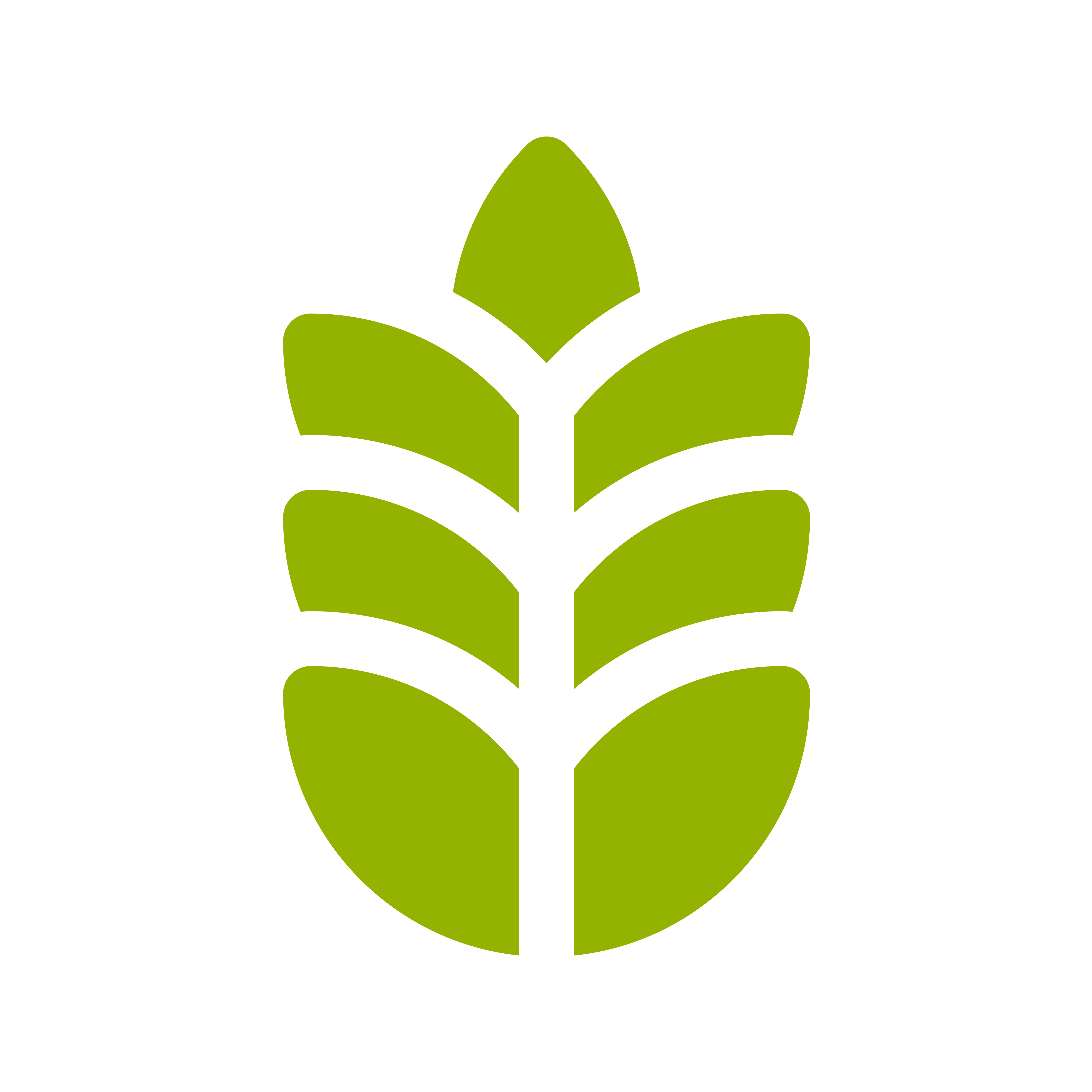

Agronomist-economist
Year of appearance: 2025

Biotechnologist in the field of synthetic biology
Year of appearance: 2030

Biotechnologist-microbiologist aquasystems
Year of appearance: 2025-2030

Business process continuity Manager
Year of appearance: 2025

Digital agronomist
Year of appearance: 2025-2030


Ecosystem management technologist
Year of appearance: 2025-2030

Ecotech
Year of appearance: 2025-2030

Engineer for automation and robotization of agricultural production (Agroinformatics)
Year of appearance: 2025-2030


Engineer of the product tracking system
Year of appearance: 2025-2030

It engineer for land management
Year of appearance: 2025

It engineer for water resources management
Year of appearance: 2025

Robotics-animal breeder on dairy farms
Year of appearance: 2025

Specialist in eco-tape
Year of appearance: 2025-2030


Specialist in new technology in agriculture
Year of appearance: 2025

Specialist in the export of agricultural products
Year of appearance: 2025

Technologist of innovative biologics
Year of appearance: 2025

The operator on robotics
Year of appearance: 2025-2030


Beekeepers and silk breeders => Beekeeper 2.0, Farmer-beekeeper 2.0, Sericulturist 2.0
Transformation year: 2030


Farmers and workers in meat and dairy farming, except for slaughtering Farmer-breeder 2.0
Transformation year: 2030

Farmers and workers in the production of mixed crop and livestock products => Farmer 2.0
Transformation year: 2030


Farmers and workers of mixed crop production ⇒ Crop farmer 2.0
Transformation year: 2030

Farmers and workers of related occupations => Fish breeder 2.0
Transformation year: 2030


Field and vegetable growers => Field guide 2.0, Vegetable grower 2.0
Transformation year: 2030

Food, beverage and tobacco production operators => Food production operator2.0, The operator of the beverage 2.0, Tobacco product operator 2.0
Transformation year: 2030


Foresters and related workers => Forestry 2.0
Transformation year: 2030


Gardeners, gardeners and workers of fruit nurseries ⇒ Gardener 2.0
Transformation year: 2030

Operators for processing and production of grain products and spices => Grain processing and production operator 2.0, Spice processing and production
Transformation year: 2030

Operators for the production drinks => Beverage operator 2.0
Transformation year: 2030


Operators for the production of bakery and grain products => Operator for the production of bakery products 2.0, Grain production operator 2.0
Transformation year: 2030

Operators for the production of dairy and confectionery products => Dairy product manufacturing operator 2.0, Confectionery production operator 2.0
Transformation year: 2030

Operators for the production of meat and fish products =>Operator for the production of meat and fish products 2.0
Transformation year: 2030


Operators of packaging, filling and labeling machines => The operator of the packaging machine 2.0, Filling machine operator 2.0, Marking machine oper
Transformation year: 2030


Poultry farmers and related workers ⇒ Poultry farmers 2.0
Transformation year: 2030

Product processing and manufacturing operators from fruits, vegetables and nuts => Operator for processing and manufacturing products from fruits, veg
Transformation year: 2030

Sugar processing and refining operators => Sugar processing and refining operator 2.0
Transformation year: 2030

Viticulturist 2.0, Winegrower-winemaker 2.0, Fruit and vegetable grower 2.0, Fruit tree worker 2.0, Nut crop farmer 2.0
Transformation year: 2030


Cormac
Year of disappearance: 2025


Egg receiver (egg sorter)
Year of disappearance: 2025


Loader and Loader in production
Year of disappearance: 2025

Meat product packer
Year of disappearance: 2025

Packer (manually) and Packer-packer
Year of disappearance: 2025


Sorter in the manufacture of food products
Year of disappearance: 2025


Stacker-packer
Year of disappearance: 2025


Tagger
Year of disappearance: 2025


The weigher
Year of disappearance: 2025


